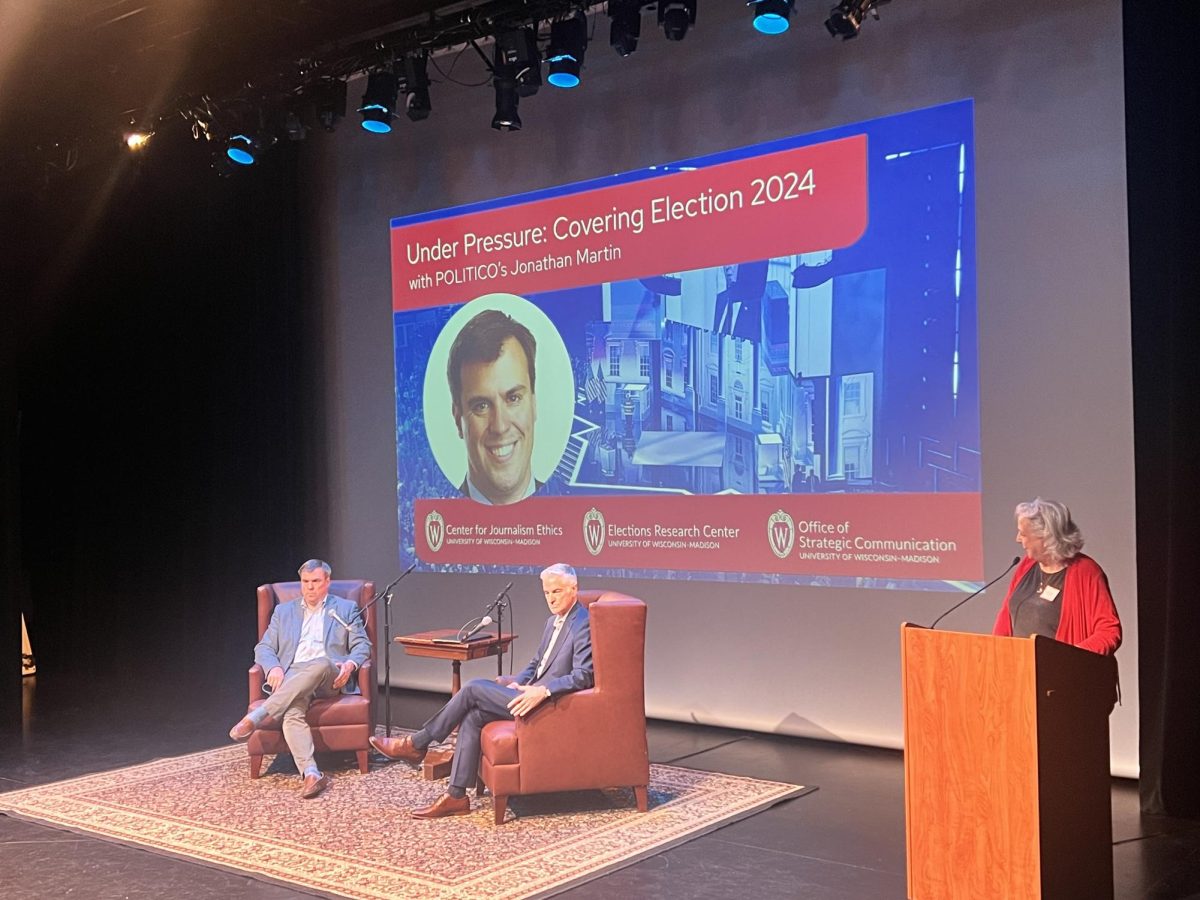An evidentiary hearing began Thursday in the case of a Waunakee babysitter convicted of first-degree reckless homicide in the death of an infant.
Audrey Edmunds, 45, was sentenced to 18 years in prison for the death of 7-month-old Natalie Beard. During the original trial, medical experts testified the infant's death was likely due to "a cerebral hemorrhage probably caused by violent shaking or hitting within the preceding 24 hours," commonly referred to as "shaken baby syndrome."
But since the 1996 trial, some of those same experts have expressed doubt regarding their original testimony.
"Both the cause of death and the timing are now in doubt, when they did not seem to be at the criminal trial," said Keith Findley, University of Wisconsin law professor and co-director of the Wisconsin Innocence Project. "The state is now presenting its medical experts in response to our request for a new trial."
The Innocence Project, which is composed of attorney-supervised UW law students, is representing Edmunds in her pursuit of a new trial. The program gives free legal assistance to inmates, such as Edmunds, who have maintained their innocence and who believe they can prove they were wrongly convicted.
During the original trial, forensic pathologist Robert Huntington III testified that the effects of shaken baby syndrome were visible within a couple hours of the head trauma, which would mean the trauma occurred while Natalie was in Edmund's care.
However, Huntington testified early this year that new medical evidence has shown infants can have lucid intervals lasting for up to three days following head trauma, creating a much larger window in which Natalie could have been injured.
"[The Innocence Project] recognized that there is a tremendous amount of new evidence that has come out," Findley said.
The Innocence Project usually represents those cases where new discoveries of physical evidence might point to the defendant's innocence. The defendant must also have exhausted all appeals before the project will consider offering representation.
UW law professor Stephen Meili said these kinds of programs are important to students' legal education.
"The major benefit is that it allows students to take what they learned in the classroom and apply it in real-life situations," Meili said. "In the clinical setting, they're able to learn a set of skills that is more difficult to convey in a classroom."
Findley also said clinical programs like the Innocence Project provide students with valuable experience.
"It gives them a chance to learn to be lawyers by actual practice," Findley said, "much like it's important for medical students as part of their training to engage in the practice of medicine."
The Innocence Project is a program at the Frank J. Remington Center at the UW Law School.







